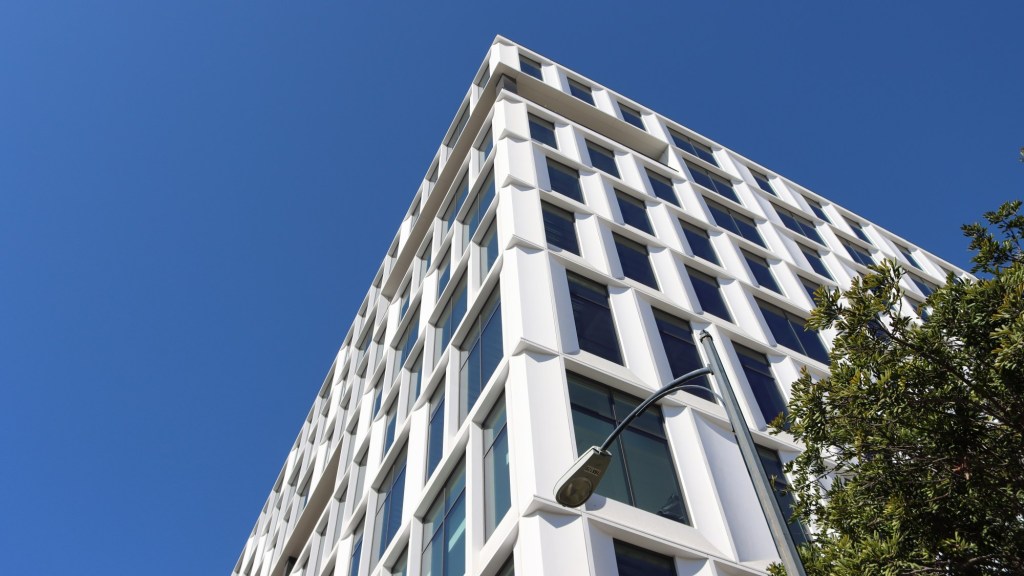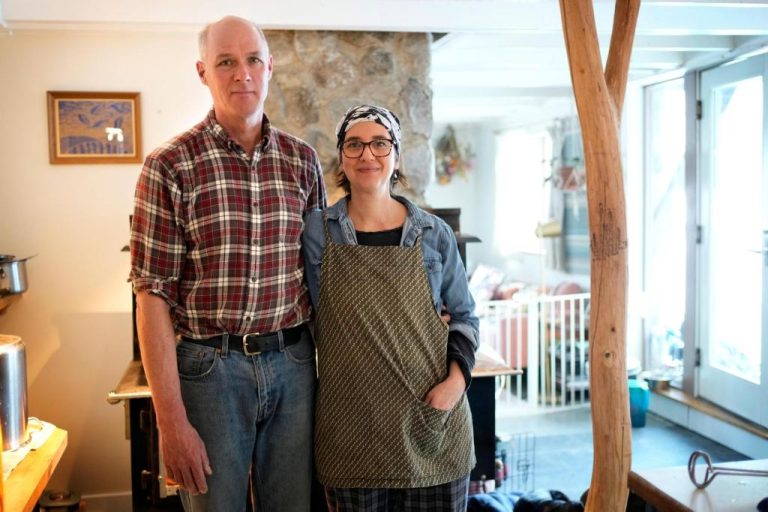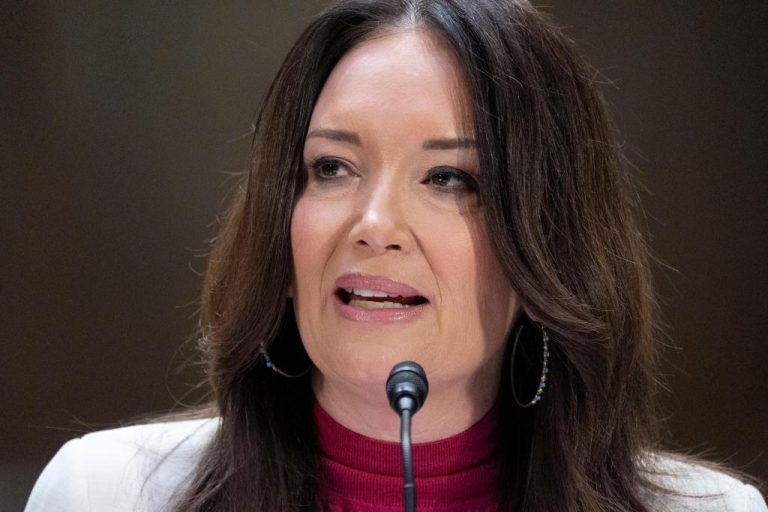
The lender behind developer Stockdale Capital Partners’ Campus at Horton conversion project in the heart of downtown San Diego has started the foreclosure process to recoup $351.2 million in unpaid debt.
On Feb. 6, Beacon Default Management, Inc., acting as trustee for Luxembourg-based investment company AllianceBernstein, recorded a notice of default and election to sell under deed of trust for 324 Horton Plaza with the County Recorder’s Office, property records show.
The action gives the borrower until May 7 to get back into good standing before a notice of sale is published and the property is sold at auction or returned to the lender.
“The notice of default, when filed, commenced a non-judicial foreclosure of the property. Unless Stockdale pays the extraordinarily large default within 90 days, the lender will record and publish a notice of trustee’s sale for at least 21 days before a final foreclosure sale,” said Gordon Gerson, whose commercial real estate law firm, Gerson Law, represents financial institutions.
“A forbearance, or temporary halt of the foreclosure process, may be negotiated between now and the date of foreclosure. In some instances a short sale combined with a discounted pay-off is within the universe of possibilities,” he said. “The $351.2 million question is: Will the lender discount what is owed? No matter the case, because of the character of the property, a potential buyer and future use of the property may be one of the biggest issues for 2025 in San Diego real estate.”
The foreclosure comes just weeks after the Union-Tribune reported that the property is encumbered by mechanics liens, which were recorded by contractors and subcontractors seeking millions for unpaid construction work from April 2024 through January 2025.
Stockdale declined to comment for this story.
The Campus at Horton is the reincarnation of Horton Plaza, the 1980s-era, post-modern mall famous for helping to revitalize downtown. The property consists of seven blocks between First and Fourth avenues, starting with Horton Plaza Park along Broadway to the north and cascading south to G Street.
In August 2018, Los Angeles-based real estate investment firm Stockdale Capital Partners purchased the retail center for $175 million. The following year, the developer was granted approval to convert the mall into a mixed-use campus with 772,000 square feet of office space and 300,000 square feet of retail. The firm has also promised a second phase of development that would introduce more than 800 apartments in two, new skyscrapers at the site.
To fund the project, Stockdale took out a $330 million construction loan from AllianceBernstein in March 2020. The loan amount was later increased to $398.5 million with a balance due date of July 10, 2024, according to the notice of default.
As of Jan. 27, Stockdale owed its lender $351.2 million, not including default interest and late fees, the filing states.

The Campus at Horton project was initially pitched as a bet on out-of-town technology giants setting up shop in downtown San Diego, but Stockdale later sought to attract life science companies. To that end, the developer incorporated specialized building systems for research. It also built a speculative wet lab on the second floor of its marquee building — building 100, or the former Nordstrom store — on G Street.
Nearing completion, the conversion project has no announced office or life science tenants. Stockdale had, until late last year, been in advanced talks with the city of San Diego. The city was negotiating a deal to buy a bulk of the property’s office space to replace its aging City Hall complex. However, San Diego Mayor Todd Gloria abandoned plans for a new City Hall in light of the city’s substantial structural budget deficit and a failed sales tax measure.
The developer has had better luck with retail tenants, and said recently that it intends to open shops and restaurants in the fall.
At the same time, little work has been done on the adjacent Horton Plaza Park, which is owned by the city but leased to the developer. The developer must complete the urban park space on Broadway before the end of year if it wants to remain in good standing with the city.
“This is the inevitable result of a failed commercial office market. Timing is everything. And the developers of Horton and their lenders are victims of very bad timing,” said real estate analyst Gary London, a principal of local firm London Moeder Advisors. “Someone will inevitably profit from the redevelopment of Horton Plaza. I expect that it won’t be this developer. This would be the perfect time for the city to negotiate an offer to lease and eventually purchase (the Campus at Horton).”
The Campus at Horton is just one of several downtown office properties felled by high vacancy, low lease rates and pandemic-fueled changes to how companies operate. However, the property’s significance — given its size, location and history — might be unmatched.
“Downtown really can’t thrive again without a resuscitated Horton Plaza. It is the historical anchor,” London said. “This is a tragedy of the legacy of urban renaissance downtown.”





